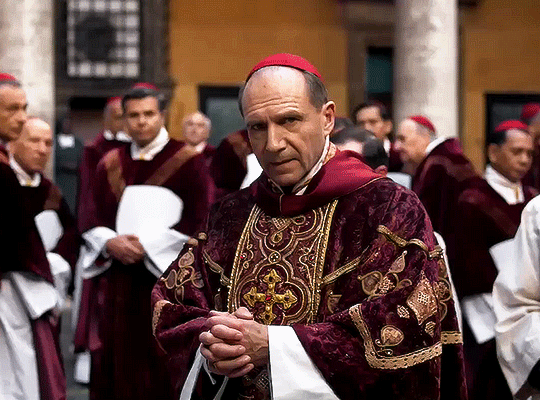
Usually, a movie brings a story to life. But with Conclave (2024), it’s the real-life circumstances that breathed life into the movie.
First released in late 2024, the movie exploded in popularity with a 283% vieweriship boost around April-May 2025, after the death of Pope Francis.
Conclave depicts a process that was suddenly all over the news but most of us knew little about: The election of the Pope. It tackles questions like: What happens in the Vatican City? How is the Pope chosen? Who are the cardinals?
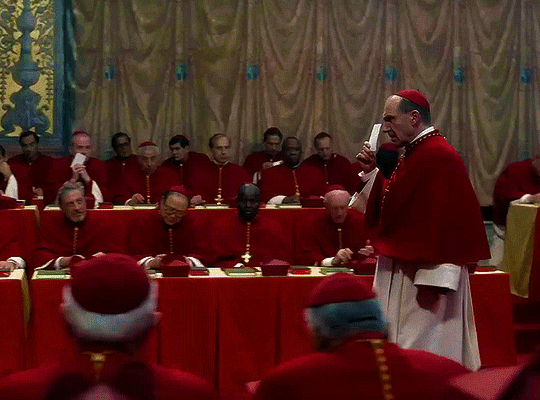
I won’t dive into how much of this portrayal was accurate as plenty of experts have broken it down in detail. Instead, there’s a lot to explore in the vast array of themes the movie touches on, and ones it should have but didn’t.
Spoilers ahead!
The gender bender
At the end of the movie, the person elected as the new Pope turns out to be intersex. Many viewers complained that it seems like a random twist, thrown in just for the shock factor.
However, it actually plays a pivotal role in expressing the movie’s sentiment that there can never be a “perfect” Pope. There will always be something that’s perceived as a flaw, a sin, a proof that despite their elevated status, they’re just humans.
It’s one of the first steps that could change the Church’s approach to women. Throughout the movie, we see women being relegated to service. They cook the food, set the tables, and serve the men.
They’re seen but not heard. They’re supposed to be invisible and hold everything together while the men occupy important positions and make the key decisions.
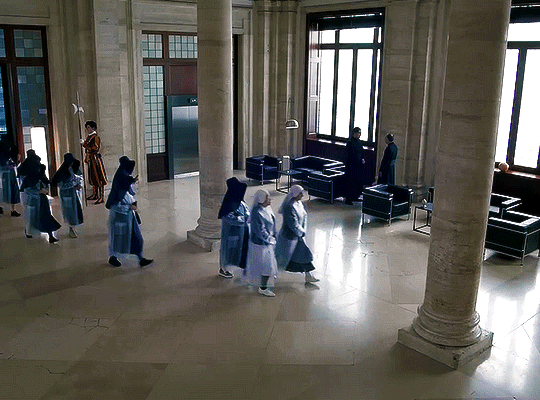
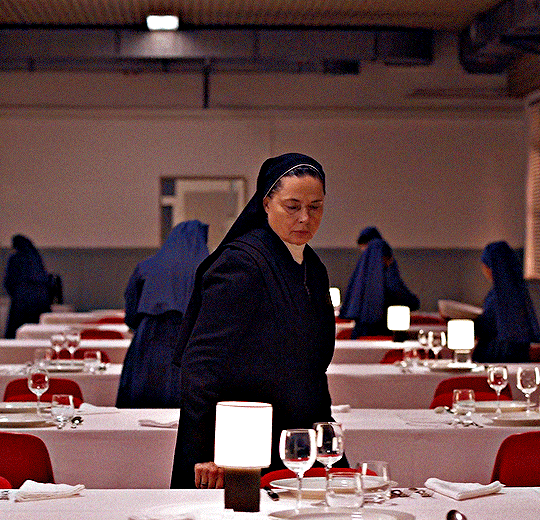
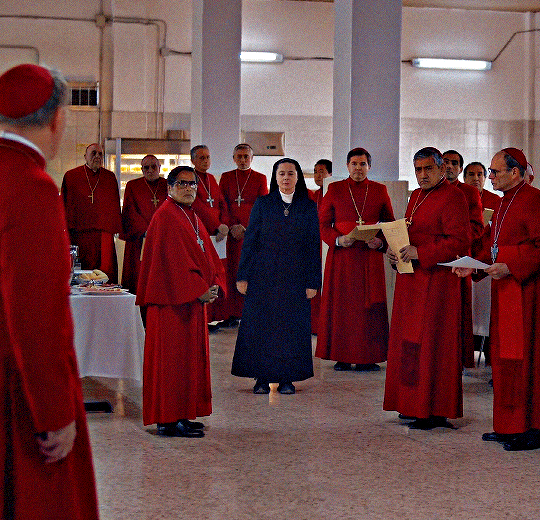
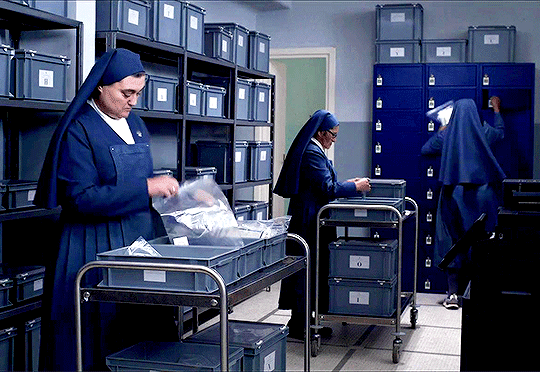
Now, with the intersex cardinal’s victory, the concept of “men lead and women serve” breaks down.
This was an interesting direction to go into and could have opened up much-needed discussions about gender and equality in the institutions and systems we follow.
However, Conclave doesn’t explore the angle further and just randomly ends there. It is based on a book and some readers explained that it includes more details to put things into perspective, so if you’re intrigued by the concept of papacy and the gender dynamics in the church, you might want to check it out.
The mastermind who orchestrated his own death and legacy
Conclave begins with the Pope’s death.
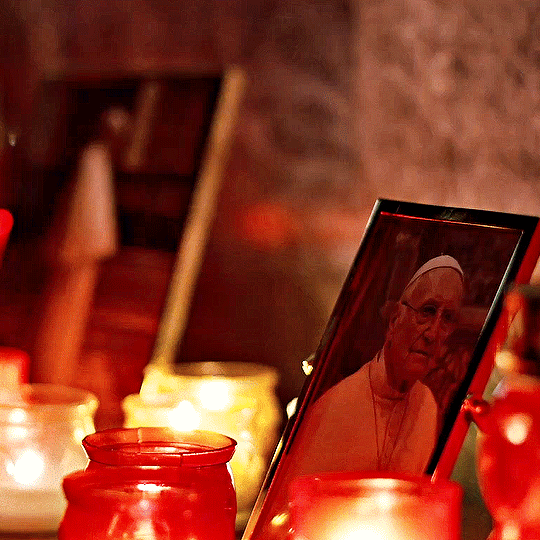
While reminiscing about him, one of the candidates is shown playing chess, mentioning that the Pope was always 10 steps ahead.
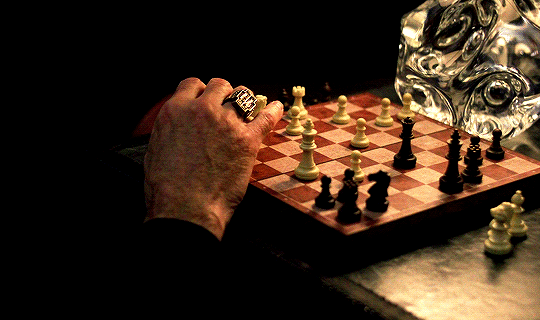
It seems like a throwaway line at first, but as the movie progresses, it’s revealed that everything unfolding was the late Pope’s doing.
From appointing an intersex cardinal in secret to arranging events to destroy other candidates’ chances of victory, the Pope is shown to have played the long game, lining up dominoes to set what he wanted in motion, so his will would be executed even after his death.
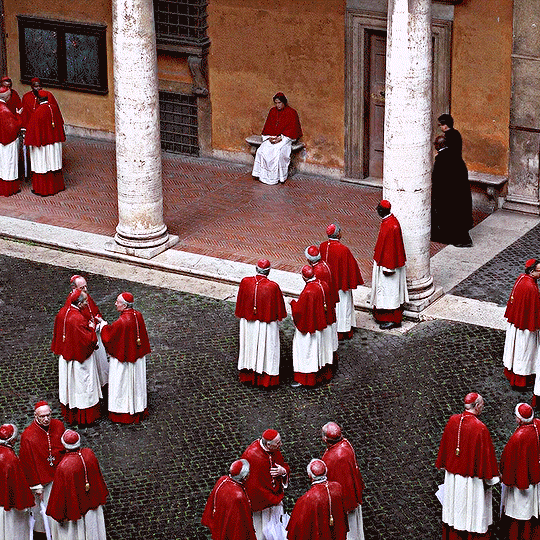
Whodunit? More like ‘Who cares?’
All of this builds up to a gripping whodunit, but the movie misses out on developing and properly concluding most threads it starts out weaving.
The Pope is dead and everyone is trying to figure out what happened. Was it a murder? Was he killed for the throne? Who stands to gain the most from his death?
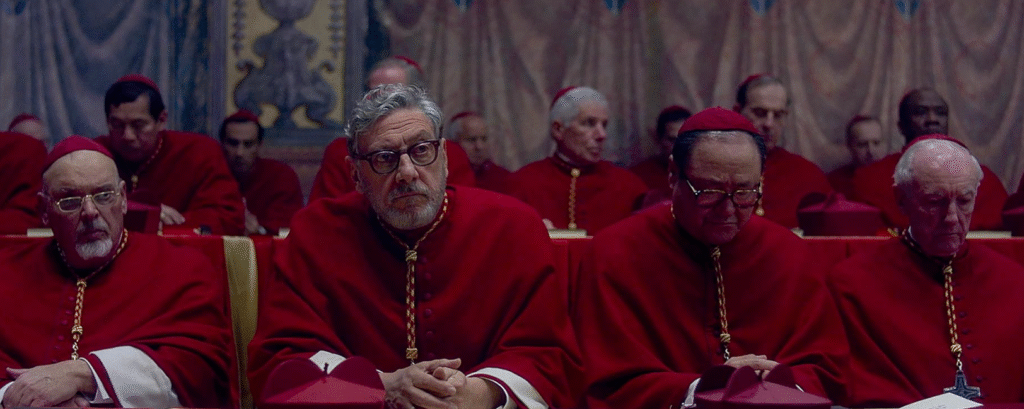
Everyone seems suspicious as we discover problematic things about each candidate. But as the story goes on, Conclave drops the mystery and becomes preachy with generic speeches about love and acceptance.
In the beginning, the lead character is shown to have a crisis of faith. It would have been interesting to explore how one of the most promising candidates with the potential to become the next Pope doubts his beliefs and wants to quit. But like the whodunit and gender angles, this too sort of fades away without any resolution.
Losing the election plot
Conclave could have been an intriguing murder mystery, an informative portrayal of the papacy, or a thought-provoking exploration of gender dynamics in the church, but everything loses steam as the plot holes and seemingly forced “woke” directions take you out of the story.
Here are some examples.
- All the candidates are determined to defeat each other no matter what it takes, even if it means using unfair means. But suddenly, one generic speech about unity makes everyone throw away their ambition and let a stranger, elected as a cardinal in secret, become the Pope.
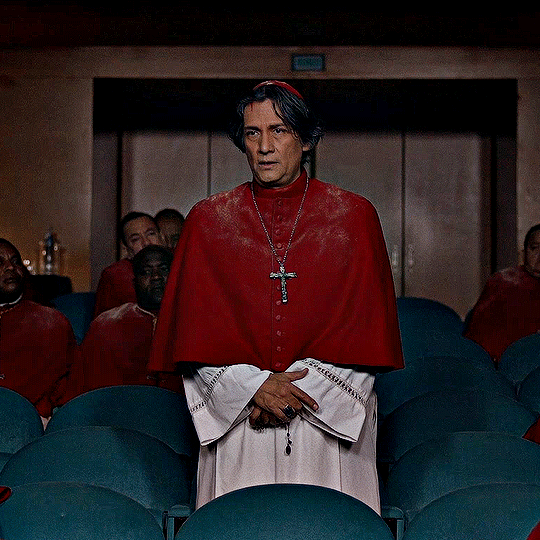
- Initially, the late Pope’s room is sealed shut ceremonially. Later, during the election process, the lead character breaks into the room to find clues and nobody bothers to investigate it.
- The obviously competent and deserving candidate doesn’t want to become a Pope. Why? That’s how the plot would move forward!
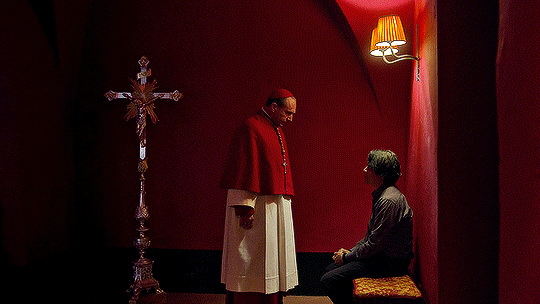
The characters are stereotypical archetypes of ‘liberal’ and ‘conservative’ beliefs, but perhaps that’s on purpose to show the political divide.
At the end, I felt nothing at all. No lesson to learn, no emotion to be felt, no moment to be cherished. Alas! It could’ve been an interesting analysis of some of the core themes of life.
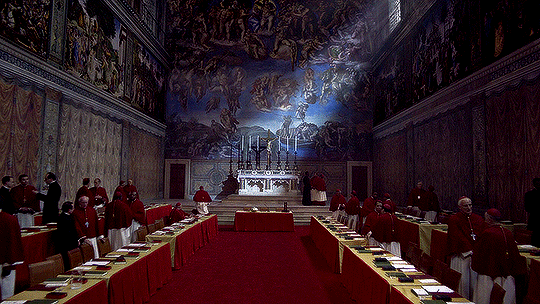
If you’ve made it this far and enjoyed my work, consider supporting me to make more of it! It helps keep the creative cycle going.
You come across something that touches you and changes your life, so you create beautiful art reflecting that. It inspires someone else and the cycle of creativity continues. Be a part of it!
Leave a Reply